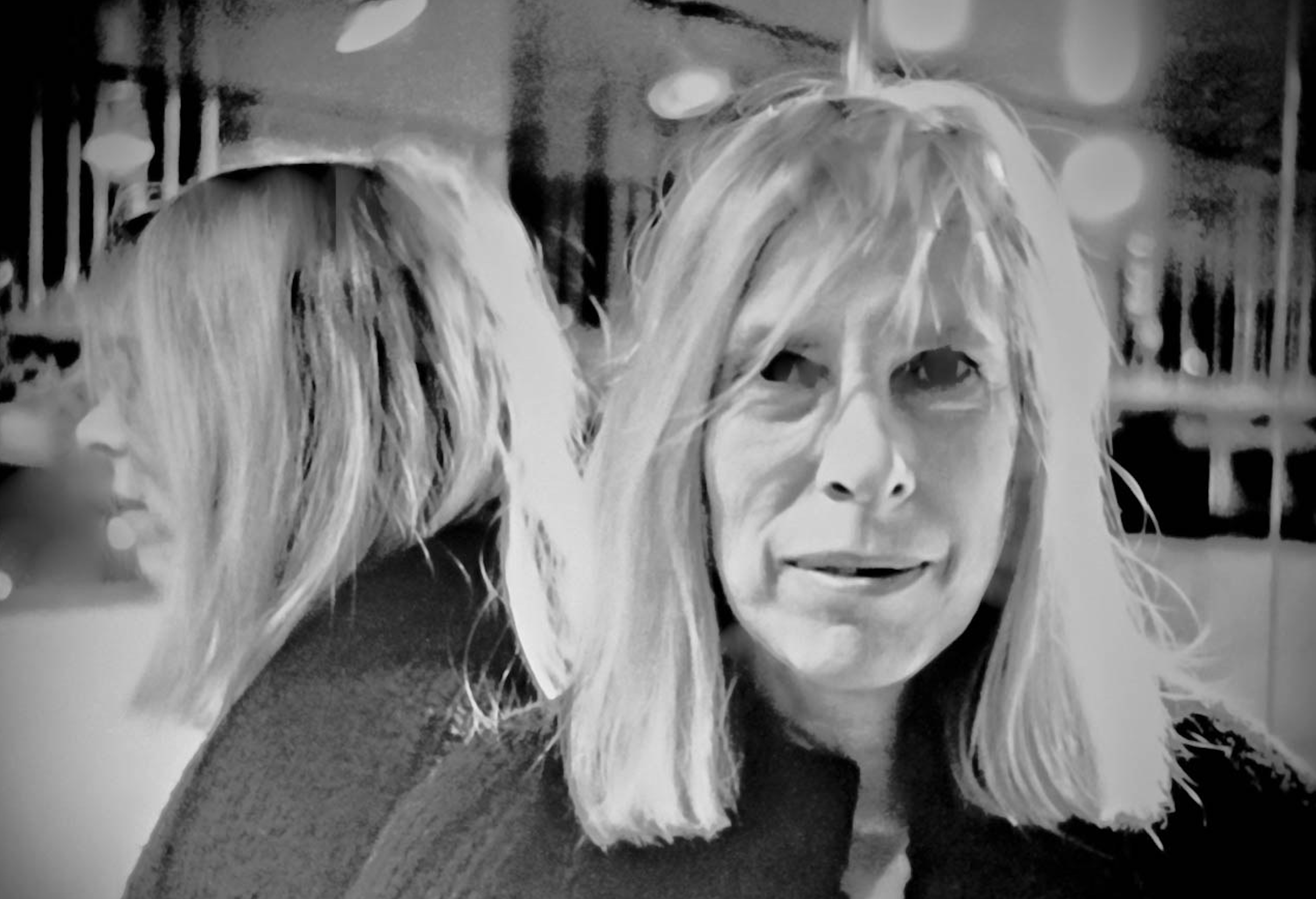
Sunday, Oct. 5th 2:30PM
Harry and Mildred Remis Auditorium
(Auditorium 161)
MFA Boston
465 Huntington Avenue
Boston
Massachusetts 02115
Program Info
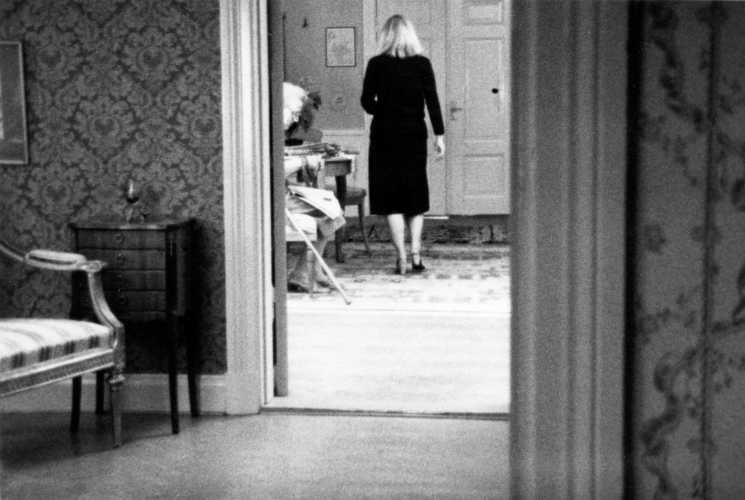
Gunvor Nelson
Call & Response
Sunday, Oct. 5th 2:30PM
Harry and Mildred Remis Auditorium
(Auditorium 161)
MFA Boston
465 Huntington Avenue
Boston
Massachusetts 02115
RPM Festival and MFA Boston co-present a special screening program Gunvor Nelson: Call & Response, honoring one of the highly acclaimed Avard Garde filmmakers Gunvor Nelson. This program features a total of four films from different decades of her long lasting career. Curated by Sarah Keller, Sara Jordeno, Shira Segal and Wenhua Shi, the event will take place at the Harry and Mildred Remis Auditorium on Sunday, October 5th at 2:30 PM.
GUNVOR NELSON (1931–2025) was a prominent figure in American and Swedish avant-garde cinema. Born in Sweden, she studied painting before relocating to California in 1953, where she became involved in the Canyon Cinema collective, encountering filmmakers such as Stan Brakhage, Chris Strand, and Bruce Baillie. Nelson’s deeply personal yet shockingly universal films embody extensive experimentation—including animation, stop-motion, scratching, or painting on film, lens inventions, sound manipulation, and exploration of interiors, framing, and nature –processes that served to explore her experiences related to family and identity, her life as an expatriate, and the cycle of birth and death.
Her debut, Schmeerguntz (1966), co-directed with Dorothy Wiley, was a feminist classic blending humor and grotesque imagery. Nelson’s deeply personal films often drew on her life, exploring themes of womanhood, family, and identity. Beginning in the mid-1970s, Nelson began focusing on her roots, creating films about Kristinehamn and her family including Red Shift (1984).
Between 1983 and 1990, she produced five experimental collage films, including Frame Line (1983), at Filmverkstan in Stockholm, known for their innovation and complexity.
Returning permanently to Sweden in 1992, Nelson embraced digital video and received renewed recognition in the Swedish art world.
Trace Elements (2003) from this period will be included in the program. She also influenced generations of filmmakers through her teaching at the San Francisco Art Institute (1970–1992).

Post-screening discussion:
Sara Jordeno (Rhode Island School of Design)
Sarah Keller (UMass-Boston)
Shira Segal (MIT)
Wenhua Shi (RPM Festival)
Sara Jordenö is an award-winning visual artist, filmmaker, curator and researcher based in Boston, MA. Their research-based practice emerged out of a series of ‘turns’ in contemporary art in the 1990s and 2000’s - the documentary turn, the social turn and the educational turn. For over 20 years, Jordenö has been engaged in an experimental and innovative interdisciplinary artistic and curatorial practice, which has gained international recognition. Their work has been distributed and disseminated in the fields of non-fiction and experimental film, in socially engaged public and site-specific art and in Migration Studies.
Sarah Keller is associate professor of art and cinema studies at the University of Massachusetts Boston. She is the author of Barbara Hammer: Pushing Out of the Frame (Wayne State Press, 2021), Anxious Cinephilia: Pleasure and Peril at the Movies (Columbia, 2020), Maya Deren: Incomplete Control (Columbia, 2014) and the co-editor of Jean Epstein: Critical Essays and New Translations (2012).
Shira Segal has designed and taught a wide range of film history, theory, and criticism courses, with a focus on avant-garde and documentary. As the former director of Film Studies at UAlbany, she oversaw curriculum redesign initiatives and served as co-chair to the Experimental Film and Media scholarly interest group at the Society for Cinema and Media Studies (SCMS).
She received her PhD in Film and Media from Indiana University. Her dissertation "Home Movies and Home Birth: The Avant-garde Childbirth Film and Pregnancy in New Media" includes filmmaker interviews and research with the James Stanley Brakhage Collection, housed by the Archives at the University of Colorado Boulder Libraries. Her MA in Cultural Memory from the University of London focused on Hollis Frampton.

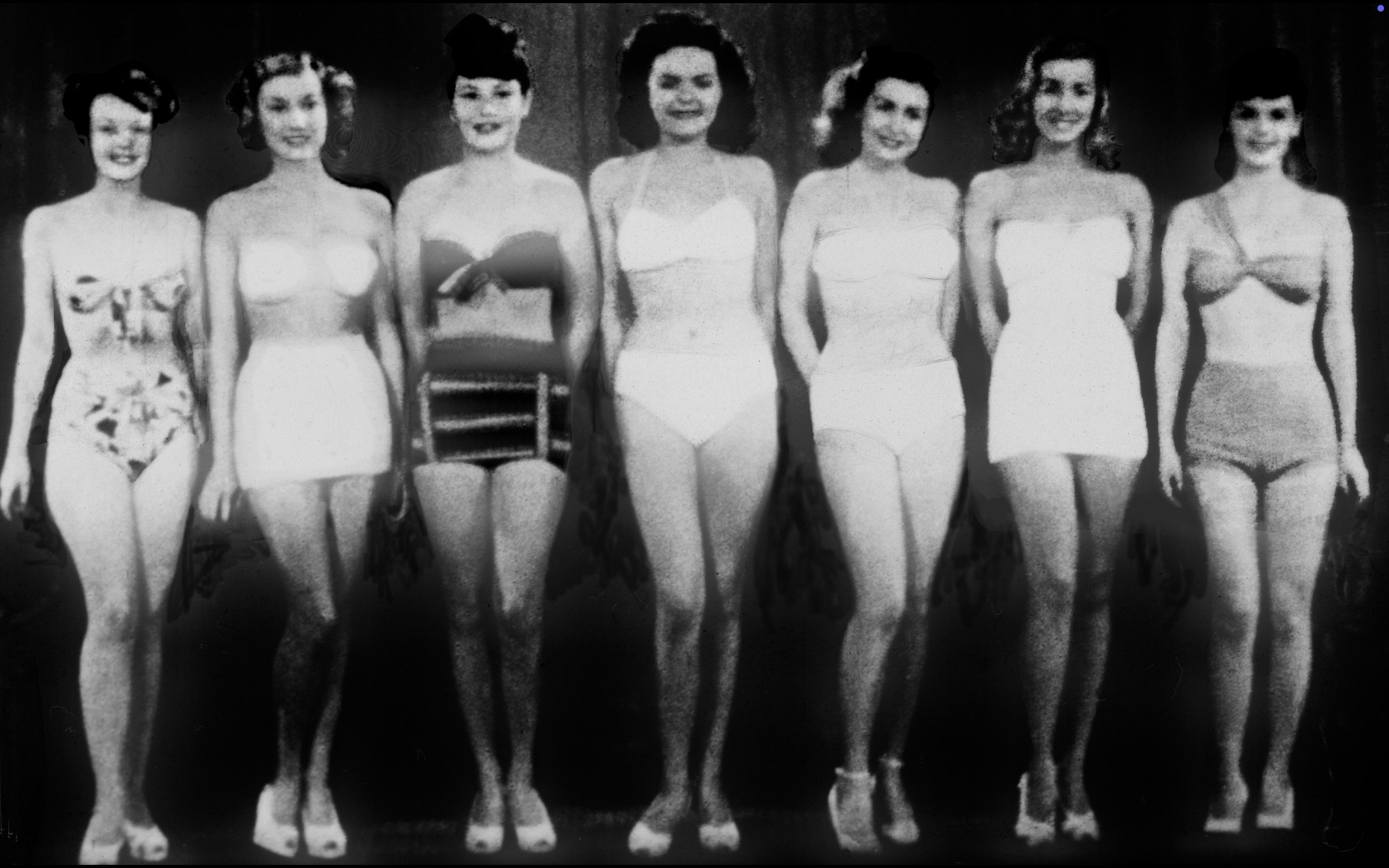
Schmeerguntz
Co-director: Dorothy Wiley
15 minutes, B&W, Language: English & Swedish, 1966
Frame Line
22 minutes, B&W, No Dialogue, Collage Film, 1983
Red Shift
50:00 minutes, B&W, Language: English and Swedish, 16mm to Digital, 1984
Trace Elements
10 minutes, B&W, No Dialogue, Video, 2003
Total: 97 mins
All Digtial Files from
Filmform
Filmform (est. 1950) is dedicated to preservation, promotion and worldwide distribution of experimental film and video art. Constantly expanding, the distribution catalogue spans from 1924 to the present, including works by Sweden’s most prominent artists and filmmakers, available to rent for public screenings and exhibitions as well as for educational purposes.
Schmeerguntz
co-director: Dorothy Wiley
15 minutes, B&W, Language: English & Swedish, 1966
This was the film that set everything in motion. Schmeerguntz, coined after Nelson’s father’s non-sense word for sandwich (‘smörgås’ in Swedish), is a hilarious, grotesque and grave attack on the public ideal of the American housewife. Critic Ernest Callenbach wrote in excitement that ‘A society which hides its animal functions beneath a shiny public surface deserves to have such films as Schmeerguntz shown everywhere’.
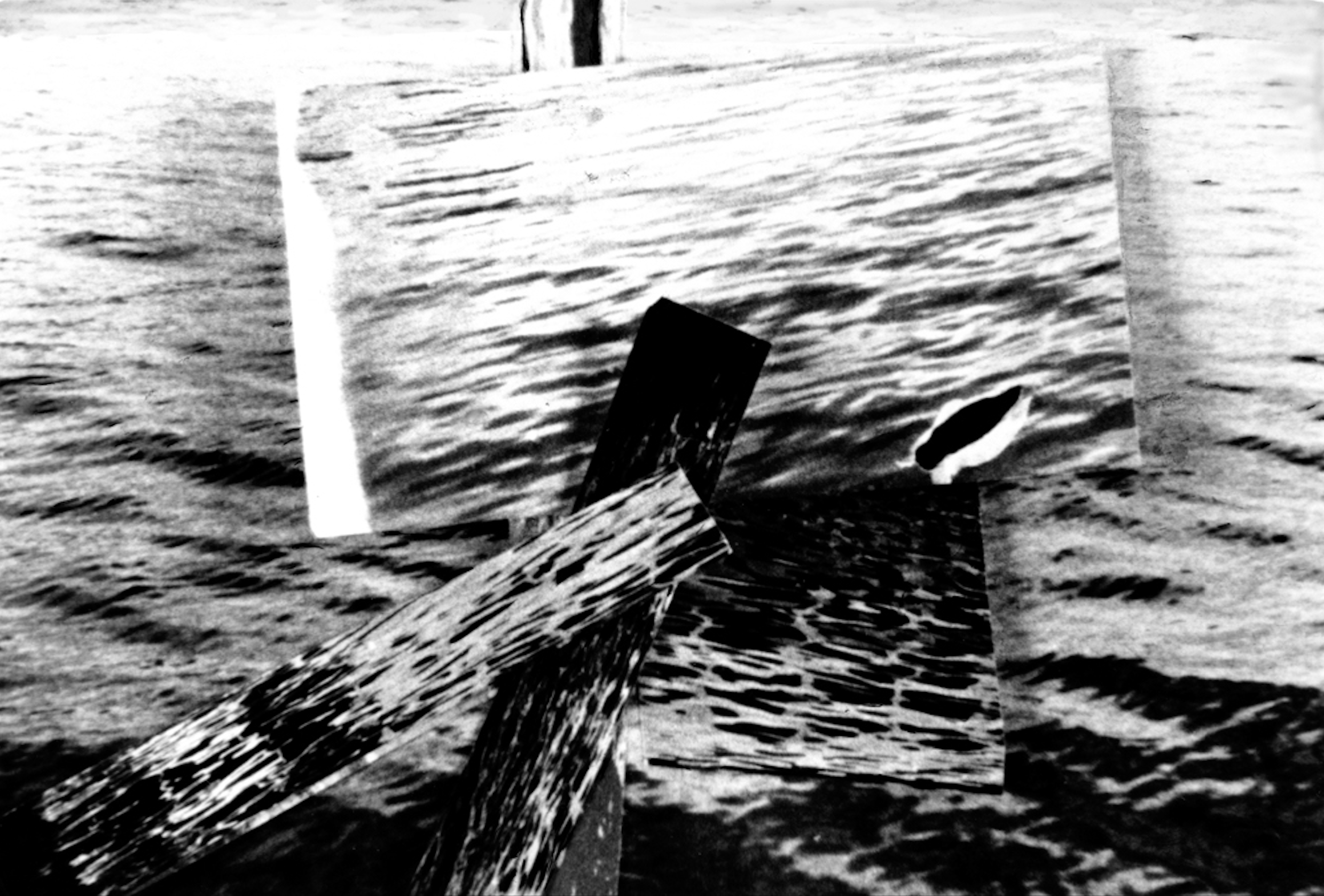
Frame Line
22 minutes, B&W, No Dialogue, Collage Film, 1983
Frame Line is Nelson’s first collage film. The film that inaugurated her remarkable series of animated films, all made at the Filmworkshop in Stockholm. Frame Line is a reflection on Stockholm and Sweden, on Nelson’s return to her native country and a place that is both familiar and distant, both beautiful and ugly at the same time. Frame Line begins with images and glimpses of Stockholm that Nelson has collected, this audio-visual material develops into new image work in which animation becomes a way of discovering, alternating between randomness and structure.
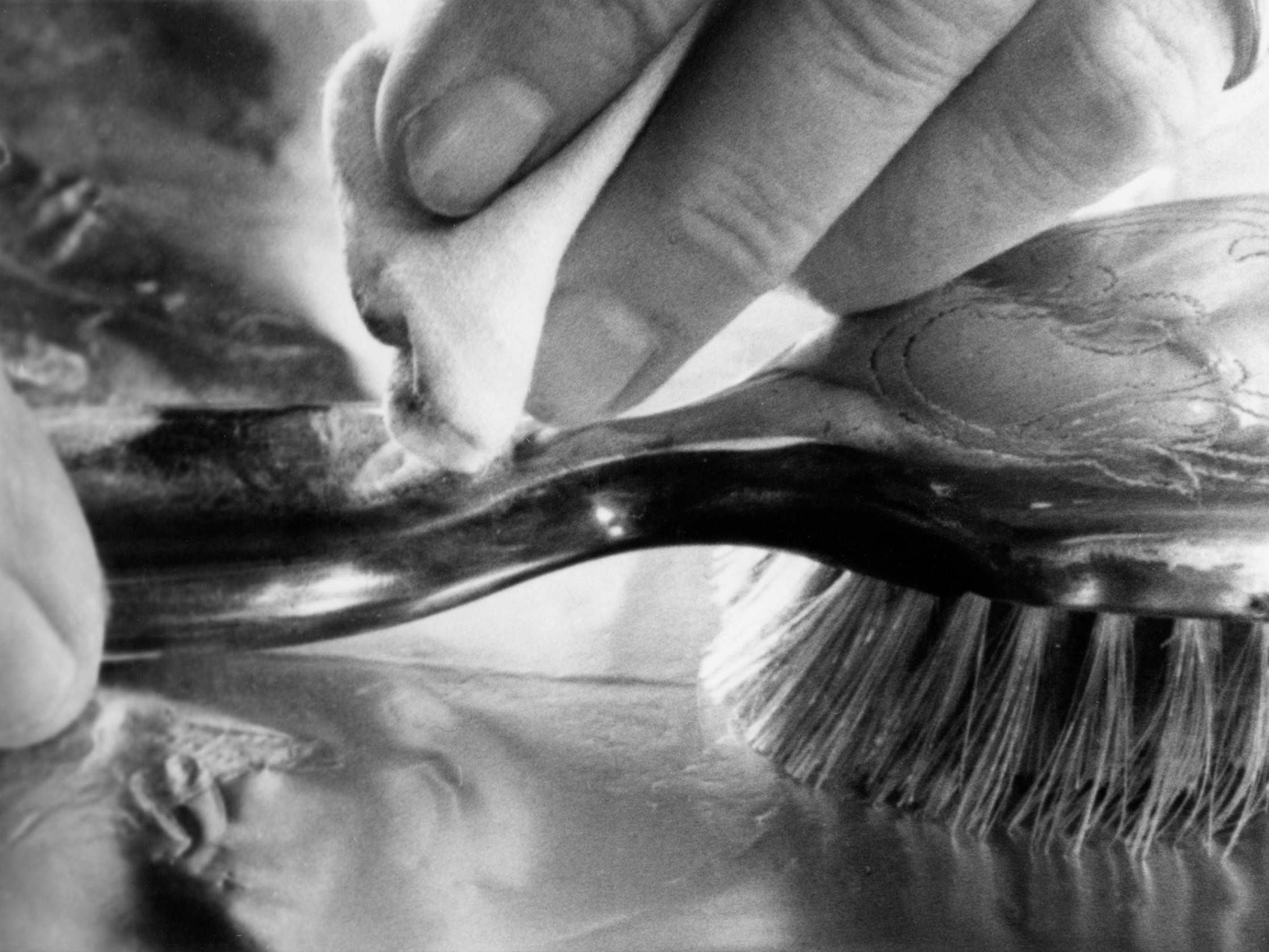
Red Shift
50:00 minutes, B&W, Language: English and Swedish, 16mm to Digital, 1984
Red Shift is one of Nelson’s most admired films, a dense narrative film about family relations in which the various roles are played by members of her family. The film merges two diegetic times, both present and past, and pending between close-ups and long shots. Nelson’s depiction of family life is both candid and considerate, displaying an amalgamation of emotions ranging from delight to distress.
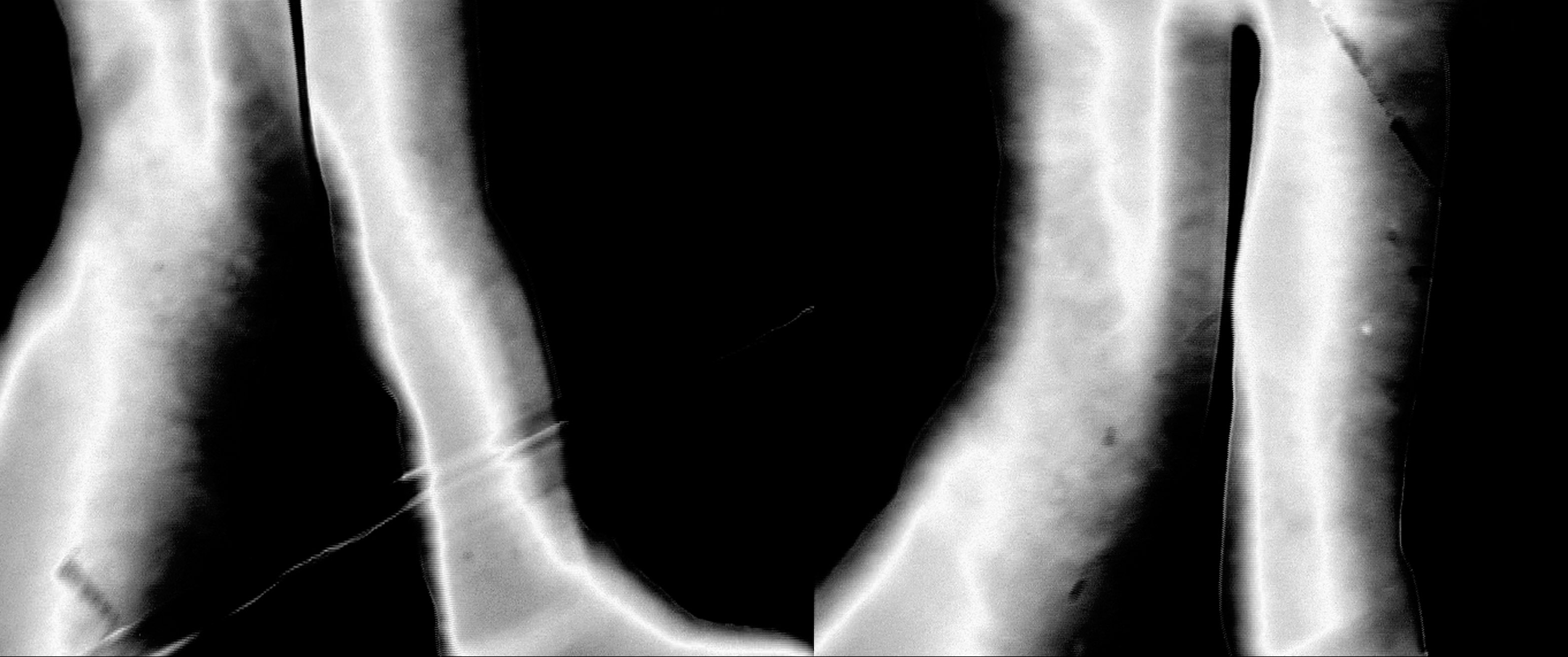
Trace Elements
10 minutes, B&W, No Dialogue, Video, 2003
Trace Elements is Nelson’s first video in which she returns to one of her prime characteristics, movement and the moving camera. Whereas both Tree-Line and Snowdrift dealt with the image as object the focus is now on the camera as a way of seeing and discovering the world. The video shows Nelson’s moving shadow on the floor of her studio, as if the camera was searching for its object, being occasionally interrupted by colourful close-ups of flowers and plants; shots that foreshadow True to Life.
RPM FESTIVAL Foundation is a 501(c)(3) organization that depends on grants and donations.
Please consider making a tax deductible gift.
Partners & Sponsors
Revolutions Per Minute Festival is co-hosted by Art and Art History Department and Cinema Studies at UMass-Boston,
MFA Boston, Goethe-institut Boston, Brattle Theatre in Cambridge & Harvard FAS CAMLab.
RPM Festival 2025 -2026 presented with the support of a Festivals Grant from the Massachusetts Cultural Council.
RPM Series at Boston City hall presented with the support of a grant from Mayor's Office of Arts & Culture.
The RPM Awards are co-presented with the Cinelab, Boston.








